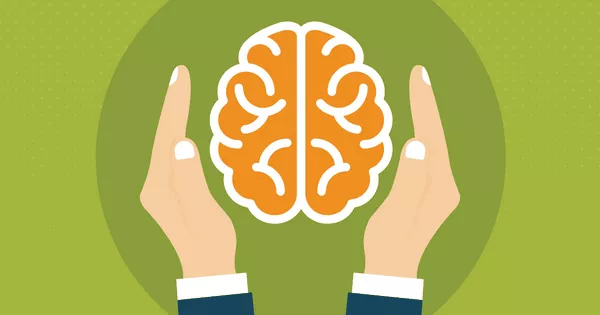Post-Traumatic Stress Disorder (PTSD) is a complex and often misunderstood mental health condition that can have a profound impact on individuals who have experienced traumatic events. It is essential to have a comprehensive understanding of what PTSD entails, its symptoms, causes, and available treatments. In this informative article, we will delve into the world of PTSD, exploring its definition, common symptoms, risk factors, and avenues for seeking help. By shedding light on PTSD, we hope to promote awareness, reduce stigma, and provide support for those affected by this condition.
Defining PTSD: An Overview
1. Trauma’s Emotional Scars
PTSD is a mental health disorder that develops in response to experiencing or witnessing a traumatic event. It can affect anyone, regardless of age, gender, or background, and is characterized by persistent and distressing symptoms.
2. Notable Triggers
Traumatic events that can lead to PTSD include physical or sexual assault, natural disasters, accidents, combat experiences, and other life-threatening situations.
PTSD: Recognizing Common Symptoms
1. Re-Experiencing Symptoms
Individuals with PTSD often experience intrusive thoughts, nightmares, or flashbacks related to the traumatic event. These re-experiencing symptoms can be highly distressing and disruptive to daily life.
2. Avoidance and Numbing
People with PTSD may actively avoid situations, places, or people that remind them of the traumatic event. They may also experience emotional numbness, detachment, or a diminished interest in previously enjoyed activities.
3. Hyperarousal
Hyperarousal symptoms include heightened sensitivity to potential threats, irritability, difficulty sleeping, and an exaggerated startle response. These symptoms can contribute to a constant state of vigilance.
See Also: What Mental Disorder Causes Auditory Hallucinations: A Simple Overview
PTSD: Underlying Causes and Risk Factors
1. Complex Origins
The development of PTSD is influenced by a combination of factors, including genetics, brain chemistry, and the nature of the traumatic event. Some individuals may be more predisposed to developing PTSD due to their genetic makeup.
2. Neurobiological Factors
Changes in brain chemistry and the body’s stress response system play a role in the development of PTSD. Neurotransmitters and hormones may contribute to the persistence of symptoms.
3. Psychological Factors
Pre-existing mental health conditions, lack of coping mechanisms, and a history of trauma can increase the risk of developing PTSD following a traumatic event.
PTSD: Seeking Professional Help
1. Diagnosis and Assessment
If you suspect you or a loved one may have PTSD, it’s crucial to seek professional help. A mental health provider will conduct a thorough assessment to determine the presence of PTSD and its severity.
2. Therapeutic Interventions
Effective treatments for PTSD include psychotherapy (talk therapy) and medication. Cognitive Behavioral Therapy (CBT) and Eye Movement Desensitization and Reprocessing (EMDR) are commonly used therapeutic approaches.
3. Support Networks
Support from friends, family, and support groups can play a significant role in the recovery process. Connecting with others who have experienced similar challenges can foster a sense of understanding and validation.
Breaking the Stigma
1. Raising Awareness
Understanding PTSD and promoting open conversations about mental health can help reduce the stigma associated with seeking help. Education and awareness initiatives contribute to a more empathetic and supportive society.
2. Compassionate Approach
It’s important to approach individuals with PTSD with empathy, respect, and understanding. Creating a safe space for open dialogue can facilitate healing and recovery.
See Also: A Comprehensive Exploration of Common Mental Health Problem
Conclusion
In conclusion, PTSD is a complex mental health disorder that can affect individuals who have experienced traumatic events. Its symptoms can have a profound impact on daily life, relationships, and overall well-being. Recognizing the signs of PTSD, understanding its underlying causes and risk factors, and seeking professional help are crucial steps toward recovery. Through therapy, medication, and the support of loved ones, individuals with PTSD can regain control over their lives and find a path toward healing. By fostering awareness, empathy, and open dialogue, we can contribute to a society that provides the necessary support for those affected by PTSD, helping them on their journey to recovery and resilience.


